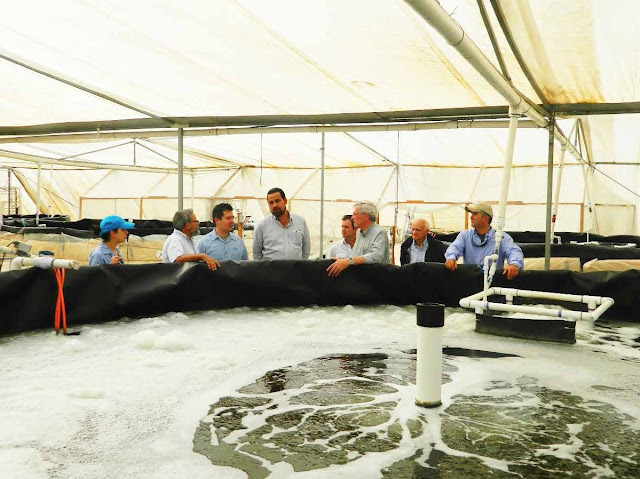by Roy Palmer, Association of International Seafood Professionals
First published in International Aquafeed, November-December 2015
Back in the 13th century, maybe even earlier, it has been recorded that when people travelled in Europe they were often given dried seaweed on arrival at their destination to nourish them after their tiring efforts.
Whilst western society ignored that, history countries like China, Japan and Korea did not. In those countries you can browse the multitude of supermarkets and food shops and see all the different preparations, processes, species and packaging of seaweed - this is an increasing and expanding business.
It has been known for a long time that algae are one of the keys to excellent nutrition of fish/seafood and why species have vital essential fats and vitamins which are not only good for them but also for multiple benefits to human health when we eat fish/seafood. We know that land animals cannot get close to the level of crucial omega-3 content of even the smallest levels in fish/seafood and as the world moves to healthier nutrition it is expected that seafood will be the food of choice.
At present, algae is mainly used as an ingredient in functional food, that is, food that bring health benefits greater than the simple provision of basic nutrients. There are some moves by ‘fashion trend’ chefs to include salads containing seaweed and this may filter through to main outlets in western world. In Japan the Ulva species of algae is well known and highly regarded as a flavoring agent and as a part of a healthful diet.
One aquaculture company has done many years of research and planning and is now getting ready for its next phase and putting it all together.
Read the full article in International Aquafeed HERE.
The Aquaculturists
This blog is maintained by The Aquaculturists staff and is supported by the
magazine International Aquafeed which is published by Perendale Publishers Ltd
For additional daily news from aquaculture around the world: aquaculture-news


No comments:
Post a Comment